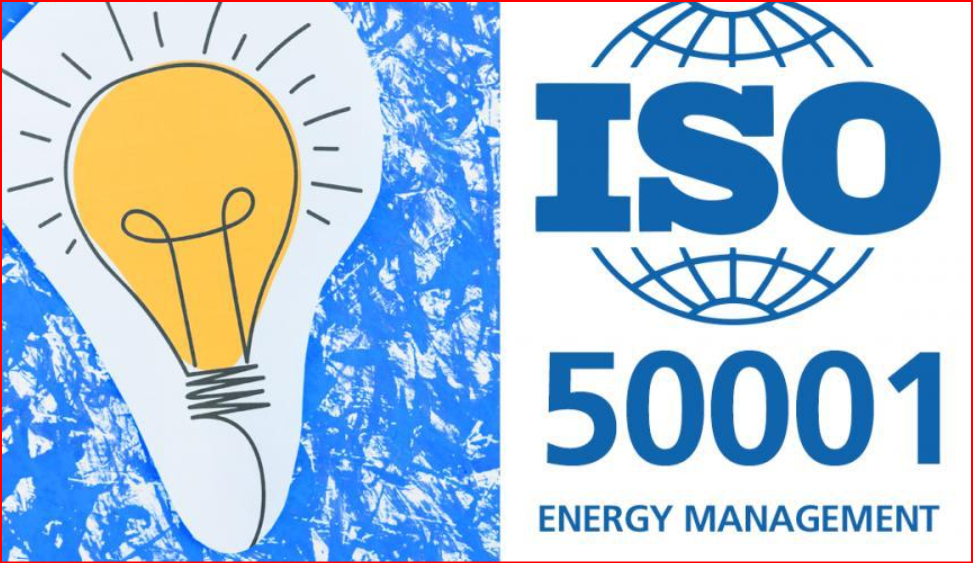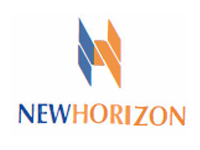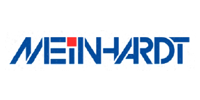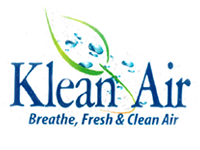Qatar ISO Consultant
ISO 14067 – Carbon Footprint of Products
Home -> ISO 14067 Carbon Footprint of Products
ISO 14067 – Carbon Footprint of Products
ISO 14067 is an international standard that specifies the principles, requirements, and guidelines for quantifying and reporting the carbon footprint of products (CFP). It is based on a life cycle assessment (LCA) approach, focusing on greenhouse gas (GHG) emissions from raw material extraction to product disposal (cradle-to-grave or cradle-to-gate).
This standard helps organizations:
- Identify and manage carbon hotspots in their product life cycles
- Communicate transparent and credible climate information
- Align with global climate targets and sustainability frameworks
- Improve product design for environmental performance
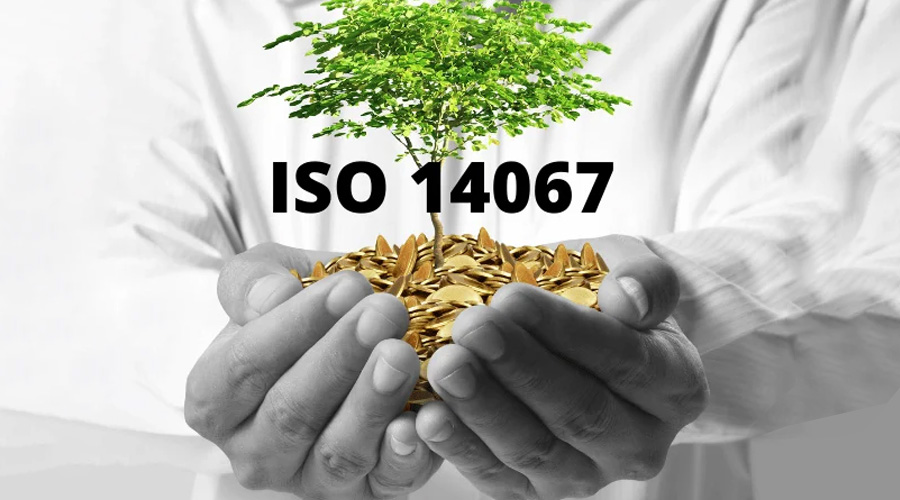
Get Quote
Purpose of ISO 14067
The main goal of ISO 14067 is to:
- Assess the climate impact of a product throughout its life cycle—from raw material extraction, manufacturing, and distribution to use and end-of-life disposal.
- Provide transparent, credible, and verifiable data on greenhouse gas (GHG) emissions.
- Help organizations make informed decisions about product design, sourcing, and innovation with climate impact in mind.
Key Features of ISO 14067
- Focus on GHG Emissions: Measures emissions in terms of CO₂-equivalent across the product’s entire lifecycle.
- Life Cycle Approach: Can use cradle-to-gate, cradle-to-grave, or gate-to-gate boundaries depending on the goal of the assessment.
- Third-Party Verification: Enables external verification of the carbon footprint to ensure transparency and comparability.
- Supports Carbon Reduction Strategies: Helps organizations identify hotspots and implement targeted emissions reduction measures.
- Compliance & Reporting Tool: Facilitates sustainability reporting and aligns with frameworks like GHG Protocol, ISO 14064, and ESG reporting.
ISO 14067 and ICV (In-Country Value) Bonus Eligibility
In Qatar, the ICV Bonus Scheme rewards companies for contributing to national sustainability goals. Under QatarEnergy’s Tawteen ICV Program, ISO 14067 is specifically recognized as part of the Sustainability Bonus Criteria.
✅ ICV Recognition Criteria for ISO 14067:
- The certification must be issued within the last 3 years
- Must be applicable to products or services contributing to local operations
- Valid certificates should be submitted with the ICV Scorecard to claim the bonus
Bonus Impact:
Companies with ISO 14067 can receive additional percentage points on their ICV Score, improving their position in tenders and procurement decisions—especially in energy, manufacturing, and infrastructure sectors.
ECS – Your Partner for ISO 14067 Certification
At Expert Consultancy Services (ECS), we guide your organization through every step of ISO 14067 certification to ensure compliance, carbon transparency, and ICV bonus eligibility.
Our ISO 14067 Certification Services Include:
- Carbon Footprint Calculation & LCA Support
- GHG Emissions Identification & Reporting
- Conformity Assessment & Documentation Preparation
- Strategy Development for Carbon Reduction
- Review of Product Lifecycle & Environmental Impact
- Technical File and Verification Audit Readiness
- Training & Workshops on ISO 14067 Standards
- ICV Scorecard Alignment and Bonus Claim Support
Gain the Competitive Edge with ISO 14067
Achieving ISO 14067:
- Positions your business as climate-conscious and compliant
- Opens doors to new markets and tenders
- Contributes directly to ICV enhancement and national sustainability goals
 Docs
Docs  Support
Support 



